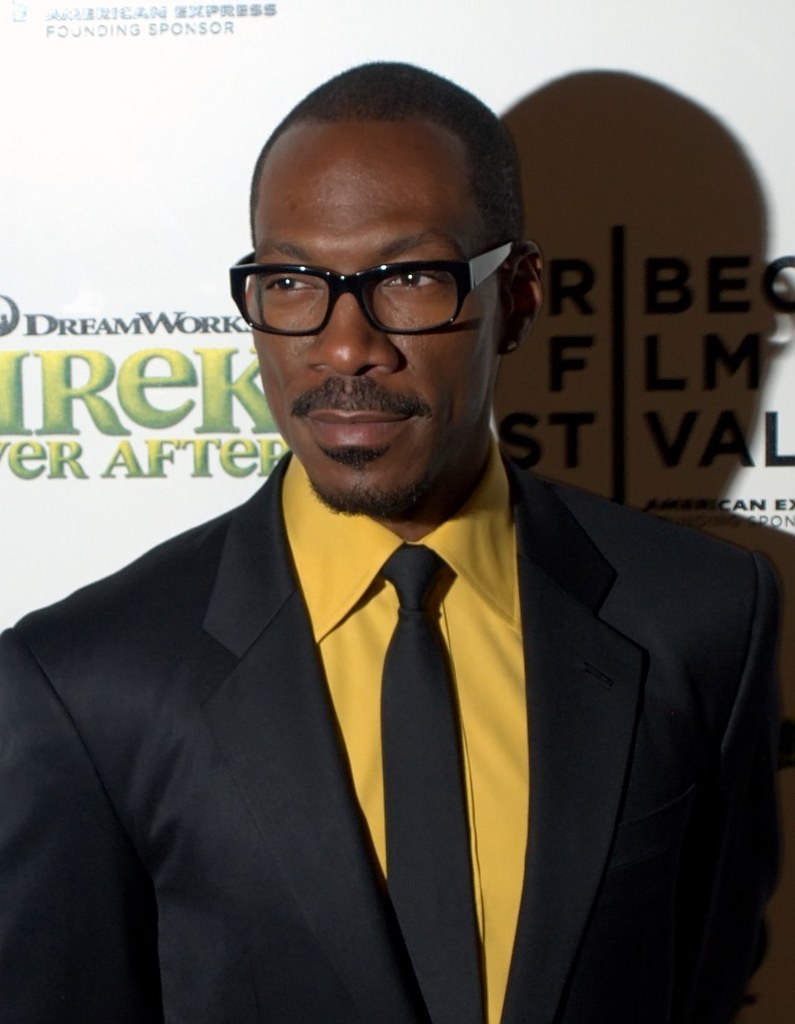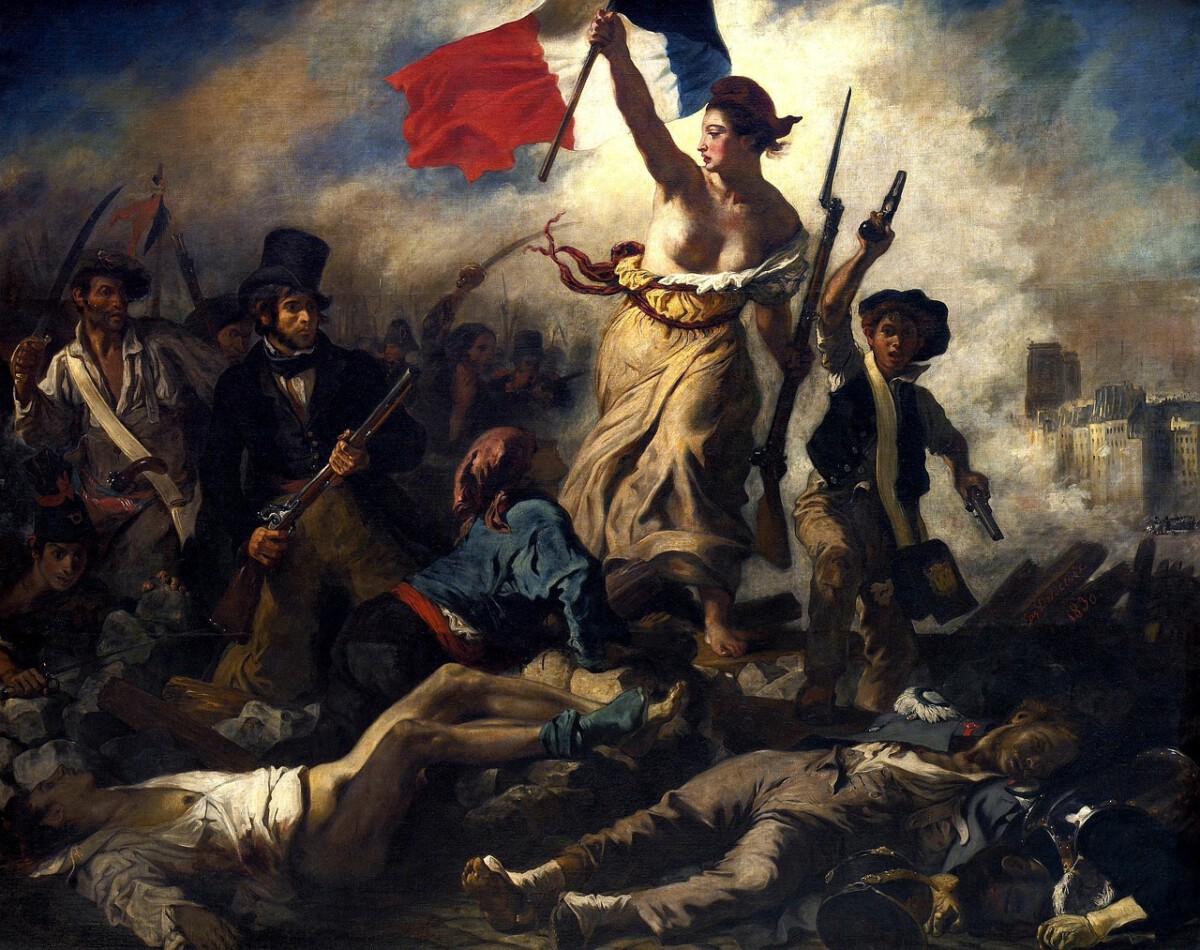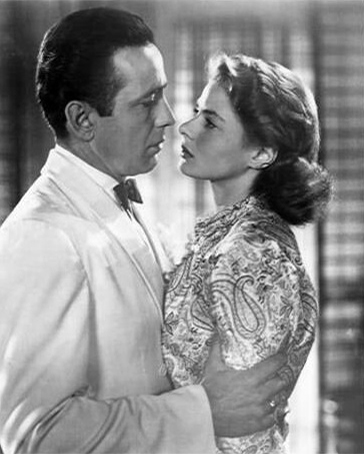Ben Affleck in “Gigli”

Ben Affleck was riding high after hits like “Good Will Hunting” and “Armageddon,” but everything changed in 2003 with “Gigli.” The romantic comedy, co-starring Jennifer Lopez, bombed so badly that it’s still a punchline in Hollywood. Critics tore the film apart, with Rotten Tomatoes giving it a shocking 6% rating. Audiences fled theaters, and Affleck’s reputation as a leading man took a brutal hit. For years, people doubted his talent and questioned if he could ever recover. According to industry insiders, Affleck admitted later that “Gigli” almost ended his career before it truly took off again. Only after gritty roles in films like “Gone Girl” and directing “Argo” did he regain respect and credibility in the industry.
Halle Berry in “Catwoman”

Halle Berry had just won an Oscar for “Monster’s Ball” when she decided to tackle the superhero world in “Catwoman.” The 2004 film was plagued by a weak script, poor special effects, and a plot that made little sense. Critics and fans roasted the film, and Berry even accepted a Razzie Award in person—a rare move that showed her sense of humor but also the seriousness of the flop. Financially, “Catwoman” made only $82 million on a $100 million budget, making it a box office disaster. Berry’s career momentum stalled, and she struggled to land meaty roles for years. It took her a long time to shake off the ridicule and rebuild her image.
Mike Myers in “The Love Guru”

Mike Myers was once comedy royalty thanks to “Austin Powers” and “Shrek.” But in 2008, he made “The Love Guru,” a film so universally despised that it seemed to erase all his previous goodwill. Critics called it offensive and painfully unfunny, and it scored only 13% on Rotten Tomatoes. Myers’ career in leading roles virtually disappeared overnight. He became almost invisible in Hollywood, not appearing in another major film for several years. According to interviews, Myers himself later admitted that “The Love Guru” was a disaster that derailed his career. The film’s failure is still cited as a cautionary tale in comedy circles.
John Travolta in “Battlefield Earth”

John Travolta was once the king of comebacks, but “Battlefield Earth” in 2000 nearly ended that streak. The sci-fi epic, based on a novel by Scientology founder L. Ron Hubbard, was supposed to be a passion project. Instead, it became one of Hollywood’s most infamous flops, sweeping the Razzie Awards and earning a humiliating 3% on Rotten Tomatoes. The film’s bizarre visuals and incoherent plot tanked Travolta’s credibility. He struggled for years to find serious roles afterward, and the movie is still referenced as one of the worst ever made. Travolta himself has rarely spoken about the disaster since.
Elizabeth Berkley in “Showgirls”

Elizabeth Berkley was a promising young actress after her stint on “Saved by the Bell,” but her leap to the big screen in “Showgirls” (1995) backfired spectacularly. The film’s over-the-top nudity and melodrama turned it into a cult classic—but for all the wrong reasons. Critics savaged Berkley’s performance, and she struggled to find work in Hollywood for years. Studios seemed to blacklist her, and she later revealed in interviews that “Showgirls” made her persona non grata in the industry. Even now, the movie’s infamy still follows her, although it has gained some cult appreciation over time.
Eddie Murphy in “The Adventures of Pluto Nash”

Eddie Murphy, once a box office powerhouse, hit rock bottom with “The Adventures of Pluto Nash” in 2002. The sci-fi comedy cost about $100 million to make but earned just $7 million worldwide, making it one of the biggest financial disasters in film history. Critics panned Murphy’s performance, saying he looked bored and uninterested. For years, Murphy’s career was haunted by the film’s catastrophic failure. He went from one of the most bankable stars to being considered risky. Only after several years and a few hits, like “Dreamgirls,” did Murphy start to regain his footing.
Sean Connery in “The League of Extraordinary Gentlemen”

Sean Connery’s final film, “The League of Extraordinary Gentlemen” (2003), was meant to be a triumphant action-adventure. Instead, it was a confusing, CGI-heavy mess that disappointed fans and critics alike. Connery clashed with the director, and the chaotic production reportedly pushed him to retire from acting altogether. The film’s failure was so complete that it’s often cited as the reason Connery left Hollywood. He never returned to the big screen, leaving fans to wonder what might have been if he’d chosen a better farewell.
George Clooney in “Batman & Robin”

George Clooney, now considered one of Hollywood’s most respected actors, had a rough patch in 1997 with “Batman & Robin.” The film was mocked for its campy tone, rubber nipples on the Batsuit, and over-the-top performances. Clooney himself has joked that he “destroyed” the franchise, and critics agreed. The movie’s failure almost derailed his transition from TV to film. Clooney spent years rebuilding his reputation, choosing smaller, riskier projects and eventually becoming an Oscar winner. He’s often used “Batman & Robin” as a lesson in humility and career resilience.
Colin Farrell in “Alexander”

Colin Farrell was on the rise when he starred in Oliver Stone’s “Alexander” in 2004. The historical epic was supposed to be a blockbuster, but instead, it was panned for its confusing narrative and awkward performances. Farrell’s portrayal of Alexander the Great didn’t resonate with audiences, and the film’s failure threatened to typecast him as an actor who couldn’t carry a big-budget movie. Farrell later admitted that the backlash from “Alexander” was tough to handle and made him reconsider his choices. He eventually bounced back with more nuanced roles, but the sting of “Alexander” lingered for a while.
Taylor Kitsch in “John Carter”

Taylor Kitsch was poised to become Hollywood’s next big action star after “Friday Night Lights.” But the 2012 release of “John Carter” changed that almost overnight. The movie, with a staggering budget of $263 million, was a massive financial flop, earning just $284 million worldwide after marketing costs. Critics said Kitsch’s performance was forgettable and that the film’s confusing plot didn’t help. Kitsch’s career momentum stalled, and he struggled to land leading roles afterward. The failure of “John Carter” became a classic example in Hollywood of how one role can almost end a rising career.




